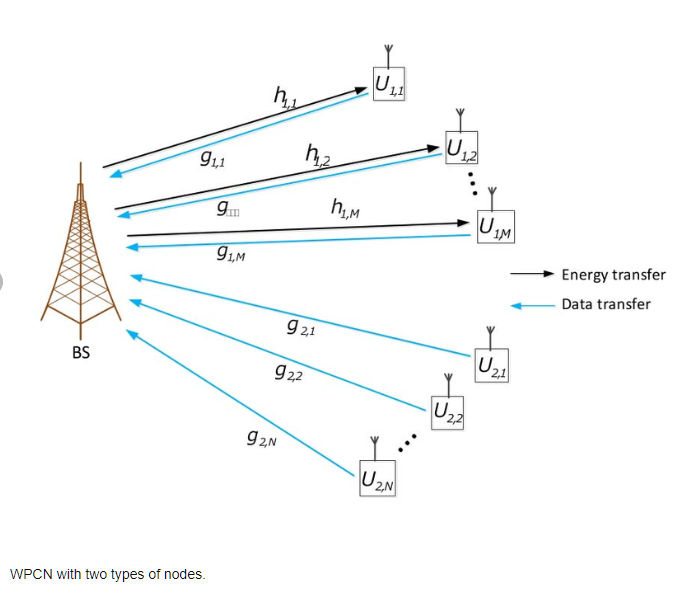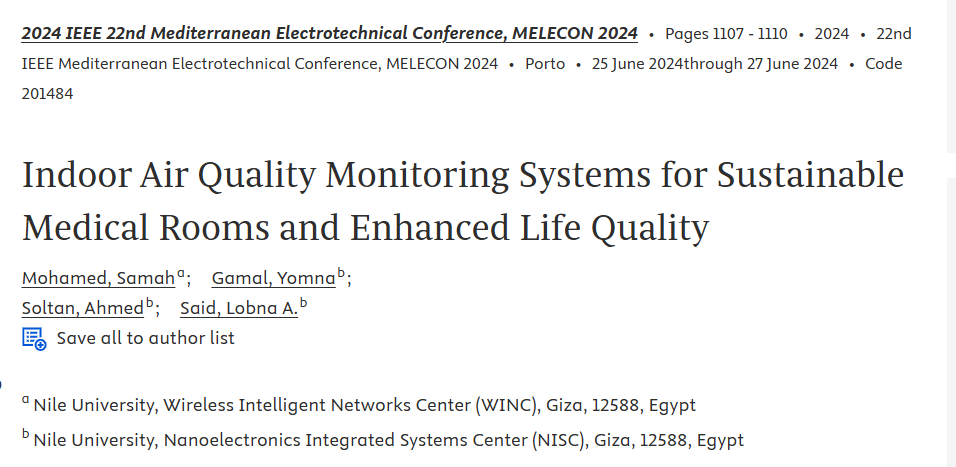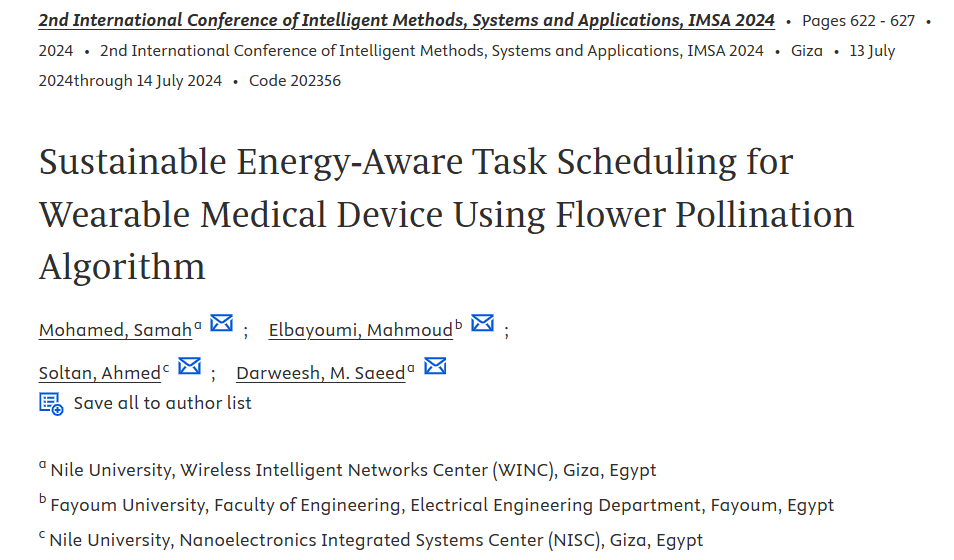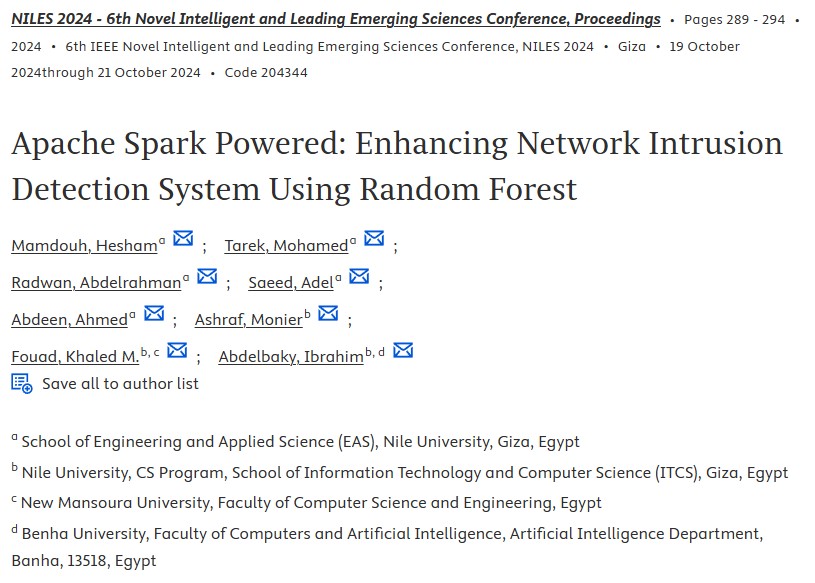
Optimization of wireless powered communication networks with heterogeneous nodes
This paper studies optimal resource allocation in a wireless powered communication network with two groups of users; one is assumed to have radio frequency (RF) energy harvesting capability and no other energy sources, while the other group has legacy nodes that are assumed not to have RF energy harvesting capability and are equipped with dedicated energy supplies. First, the base-station (BS) with a constant power supply broadcasts an energizing signal over the downlink. Afterwards, all users transmit their data independently on the uplink using time division multiple access (TDMA). We propose two transmission schemes, namely OPIC and OPAC, subject to different energy constraints on the system. Within each scheme, we formulate two optimization problems with different objective functions, namely maximizing the sum throughput and maximizing the minimum throughput, for enhanced fairness. We establish the convexity of all formulated problems which opens room for efficient solution using standard techniques. Our numerical results show the superiority of our realistic system accommodating legacy nodes, along with RF harvesting nodes, compared to the baseline WPCN system with RF energy harvesting nodes only. Moreover, the results reveal new insights and throughput-fairness trade-offs unique to our new problem setting. © 2015 IEEE.




